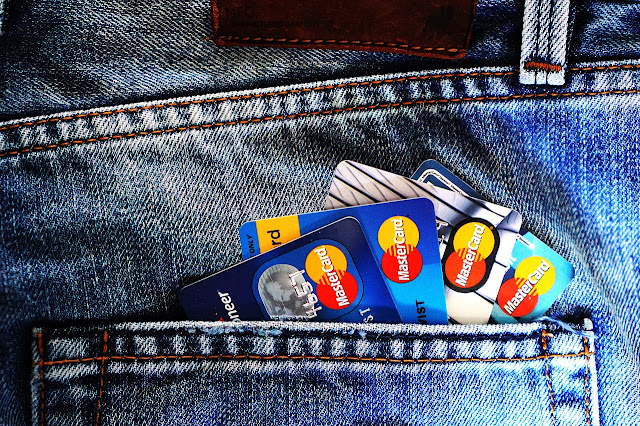Lack of Financial Literacy: Many individuals lack a fundamental understanding of how credit cards work, including interest rates, fees, and repayment terms. Without this knowledge, they may misuse credit cards and accumulate debt without fully grasping the consequences.
Ease of Access to Credit: Credit cards offer easy access to money, and the approval process can be relatively simple. People may apply for credit cards without fully considering their ability to repay the debt, especially if they are enticed by attractive introductory offers or rewards programs.
Minimum Payment Trap: Credit card companies typically require only a minimum payment each month, which can be a small percentage of the total balance. Some individuals fall into the habit of paying only the minimum, not realizing that this prolongs the repayment period and accrues substantial interest.
High Interest Rates: Credit cards often carry high-interest rates, especially for those with poor credit scores. When individuals carry a balance on their cards, the interest can accumulate rapidly, making it difficult to pay off the debt.
Unexpected Expenses: Life events such as medical emergencies, car repairs, or home maintenance may force individuals to rely on credit cards to cover unexpected expenses when they do not have sufficient savings. Over time, these charges can accumulate and become difficult to manage.
Impulse Spending and Overspending: Credit cards can create a sense of detachment from spending real money. Some individuals may overspend or make impulsive purchases without considering the consequences, leading to a cycle of debt.
Peer Pressure and Social Norms: People often feel pressure to maintain a certain lifestyle or keep up with their peers. This can lead them to use credit cards to fund activities or purchases beyond their means, contributing to debt accumulation.
Balance Transfer Offers: While balance transfer offers can provide temporary relief from high-interest debt, they can also create a false sense of security. If individuals do not address the underlying issues that led to the initial debt, they may find themselves in a worse financial situation once the promotional period ends.
Minimum Income Levels and Expenses: Some individuals may have low incomes or high living expenses that make it challenging to meet basic needs without relying on credit cards. They may use credit cards as a way to bridge the gap between income and expenses.
To avoid getting trapped in credit card debt, it's important to budget effectively, understand credit card terms, pay more than the minimum, and use credit responsibly. Seeking financial education and assistance, creating a budget, and building an emergency fund can all help individuals manage their finances and avoid excessive credit card debt.
